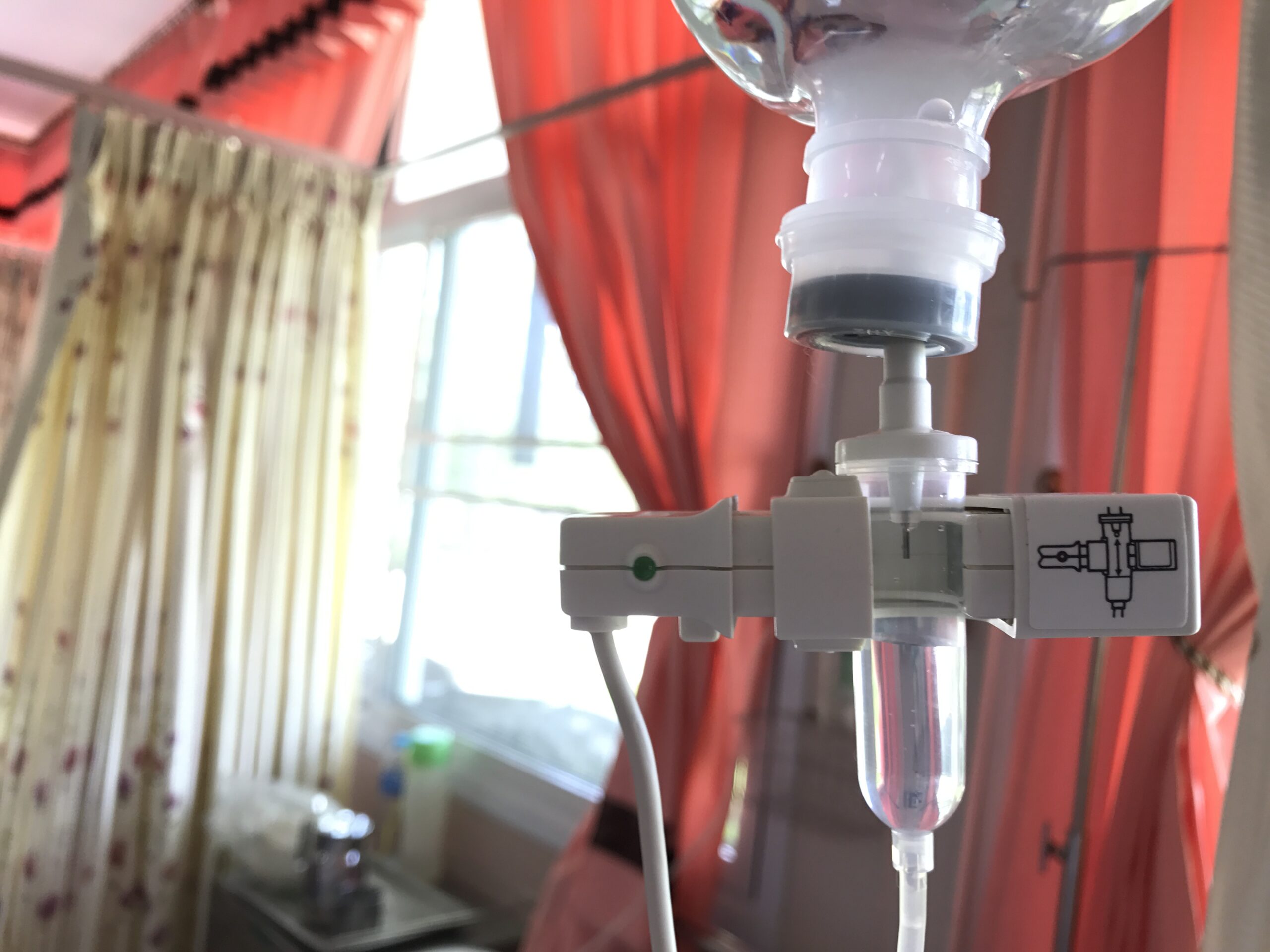
Can Grape Juice Cause Acid Reflux? Best and Worst Foods & Sauces for Acid Reflux Relief
August 8, 2025
Are Cherries Good for Acid Reflux? Bell Peppers, French Fries & Other Foods to Avoid or Enjoy
August 14, 2025The Role of In-Office Infusion Therapy in Improving Quality of Life for Gastrointestinal Patients

Over the last few years, in-office infusion therapy has proved to be a necessary provision to the patients with a number of digestive disorders. This treatment will consist of administering drugs and nutrients directly into the bloodstream of the person in a gastroenterology clinic equipped accordingly, offering specific and efficient therapy, at the same time maintaining safety and comfort of the person. In addition to the medical implications, in-office infusion therapy also has a significant positive impact on the quality of life of the patients with the focus of symptom management, consists of fewer visits to the hospitals, and allows them to continue their daily routine life. Visit the Gastro NYC website to know more about the sophisticated infusion services offered.
What Is In-Office Infusion Therapy?
Infusion therapy: In-office infusion therapy is a controlled clinical setting where intravenous (IV) medications, fluids, or nutrients are administered in a controlled clinical setting, often a gastroenterology practice. In-office therapy is unlike admission in hospitals or home-based infusions because they are not admitted overnight but receive professional medical supervision. It is usually prescribed to treat bowel diseases such as inflammatory bowel disease (IBD) such as Crohn disease and ulcerative colitis, intestinal malabsorptive syndrome, digestive system infections, and nutritional deficiencies. Patients who want to examine the possibility of individualized treatment can get all the details about infusion treatment by addressing Gastro NYC.

How Does In-Office Infusion Therapy Improve Quality of Life for GI Patients?

1. Personalized and Targeted Treatment Plans
Gastrointestinal diseases often affect individuals differently, requiring personalized care. In-office infusion therapy allows gastroenterologists to tailor treatment plans based on each patient’s medical history, disease severity, and nutritional status, optimizing therapy effectiveness while minimizing side effects. For more details about individualized care and infusion services, please visit Gastro NYC.
2. Convenience and Comfort
Frequent hospital visits can be stressful, especially for patients with chronic GI conditions. Receiving infusion therapy in a dedicated gastroenterology clinic provides a comfortable, calm environment designed to meet the specific needs of these patients, making treatment less burdensome.
3. Faster Symptom Relief
IV delivery of medications bypasses the digestive tract, which is particularly beneficial for patients with GI disorders where absorption may be compromised. This ensures quicker therapeutic effects, helping to control inflammation, reduce pain, and alleviate symptoms such as fatigue and malnutrition.
4. Continuous Monitoring by GI Specialists
Infusions administered in-office are overseen by trained nurses and gastroenterologists who monitor for reactions and adjust treatment protocols as needed. This supervision provides an extra layer of safety and personalized care.
5. Supporting Disease Remission and Nutritional Health
Regular infusion therapy plays a critical role in managing chronic GI conditions, promoting remission, and improving nutritional status. Nutrient infusions can correct deficiencies caused by malabsorption, boosting energy and immune function for better overall health.
6. Reducing Hospitalizations and Emergency Visits
Effective symptom management through in-office infusion therapy often leads to fewer hospital admissions and ER visits, decreasing both patient stress and healthcare costs.
Who Can Benefit?
In-office infusion therapy is especially helpful for patients with gastrointestinal conditions like inflammatory bowel disease (Crohn’s disease, ulcerative colitis), autoimmune disorders, chronic infections, and severe nutrient deficiencies caused by malabsorption. These patients often need medications or nutrients delivered directly into the bloodstream for faster and more effective results. Infusion therapy ensures precise dosing with continuous medical supervision, improving treatment outcomes and overall quality of life.
Conclusion
In-office infusion therapy is a highly effective and patient-focused treatment that significantly improves the quality of life for individuals with gastrointestinal disorders. By offering personalized care plans, ensuring continuous monitoring by gastroenterology specialists, and providing a comfortable clinical environment, this therapy supports symptom relief and long-term disease management. For those seeking comprehensive and compassionate care, the team at Gastro NYC offers expert guidance and advanced infusion therapy services tailored to your unique needs. Visit our Blogs for more insights on GI health.
Call To Action: Transform your quality of life with personalized in-office infusion therapy at Gastro NYC! Manage your gastrointestinal symptoms effectively with our expert care. Schedule your consultation today to start your journey to better health!
Frequently Asked Questions
Q2: How long will each infusion session take?
Q3: What side effects may I experience?
Answer: Side effects such as fatigue or irritation at the site of infusion are common but mild. Serious side effects are rare and staff is trained to manage these side effects while providing infusion.
Q4: Will infusion therapy affect my daily activities?
Answer: Most patients can resume their activities as tolerated after their infusion treatment. Some patients may be more fatigued and therefore need to rest after.
Q5: How often will I need to have infusions?
Answer: Infusion treatments vary based on your particular condition and established treatment plan. Typical infusions can happen anywhere from weekly to monthly.



